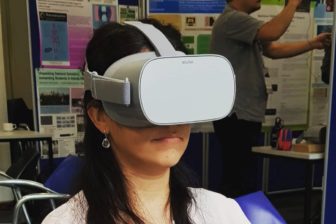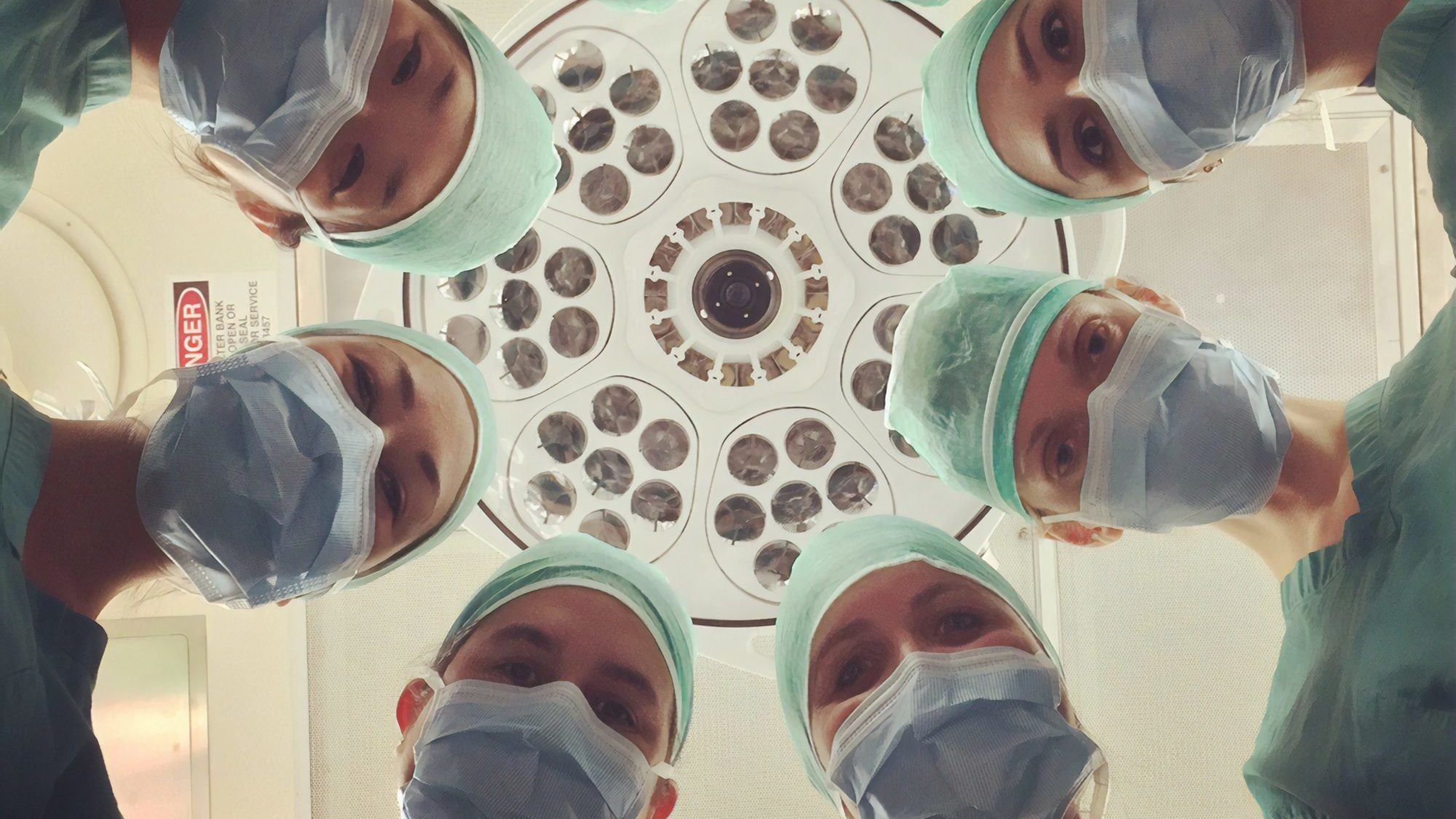In the 2021-2022 academic year, Pompeu Fabra University will renew its degree in Medicine, in collaboration with the Hospital del Mar, in what will be the end of the joint degree with the UAB they had until now. From the next academic year, the future doctors will receive training with a greater clinical focus and a clear orientation towards medicine based on biomedical research, thanks to the unique biosanitary environment formed by the Mar University Campus, the Hospital del Mar and the Barcelona Biomedical Research Park (PRBB) .
The new degree “will be an excellent opportunity to combine teaching, healthcare and research profiles in the field of Health Sciences. It must be the benchmark for future doctors in our country,”, says David Comas, director of the Department of Experimental and Health Sciences, Pompeu Fabra University (DCEXS-UPF).
The collaboration between UPF and Hospital del Mar, in the context of the PRBB, will be an opportunity to combine teaching, healthcare and research profiles in health sciences.
The new studies will be adapted to the changes that medicine is experiencing, with new diagnostic techniques and innovative therapies. Also innovative will be the teaching methodologies that will be used, student-centred and with a strong focus on teamwork and other non-cognitive skills, in order to train comprehensive professionals from a humanistic point of view.
In that sense, the Health Sciences Educational Research Group at UPF (GRECS) is working on developing virtual reality materials for students in health sciences degrees to address gender-based violence – these will be used in the new degree in medicine, but also in nursing, physiotherapy, occupational therapy, and higher degree training courses in social integration.

The aim is to enable students to identify situations of gender-based violence with an intersectional and sensitive view to different types of violence (physical, psychological, economic, sexual). Using virtual reality will be a key point, as “immersive learning reinforces the experiential nature of the experience and encourages empathy by living different situations from different points of view”, explains for the project coordinator, Mar Carrió.


